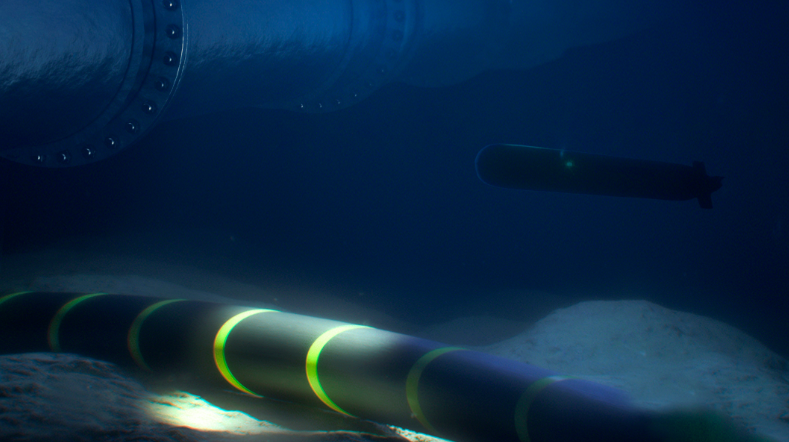Autonomous detection and moving of containers optimises the European Short Sea Supply Chain
This week saw the successful end of the European MOSES research project. The MOSES project started in July 2020 with the aim to enhance the Short Sea Shipping component of the European supply chain by addressing the vulnerabilities and strains related to the operation of large containerships. A two-fold strategy was employed, in order to reduce the total time to berth and to stimulate the use of SSS feeder services to small ports that have limited or no infrastructure.
TNO’s work within MOSES focused on developing and demonstrating a Robotic Container Handling System (RCHS) in cooperation with consortium partner MacGregor. The RCHS, when mounted on an electric and unmanned feeder vessel, enables unmanned container logistics to local ports even those without loading and unloading capacity. The RCHS monitors the environment and may trigger an emergency stop when a dangerous situation occurs, and notifies a remote operator of the danger.
The MOSES research has led to a demonstrator of such a system which is able to detect people, cars, and other objects, and can autonomously detect and move shipping containers. The crane system generates a 3D Digital Twin model which can be used by an operator to (re)build situation awareness in a remote shore control center.
The concept of the shore control center was also developed by TNO. Here, multiple operators simultaneously handle multiple loading and unloading operations. For this control center, TNO developed the Intelligent Operator Support System (IOSS) to ensure operators stay aware of each operation on an appropriate level.
The MOSES project had a total budget of around 8 million Euro funded by the European Commission. 17 partners from 7 European countries (Greece, Cyprus, Spain, Italy, Netherlands, Denmark and Finland) worked together from 2020 to 2023 and joined their expertise to enhance the sustainable short-sea shipping.
Neem contact met ons op
Get inspired
Unveiling the future of vapour detection technology
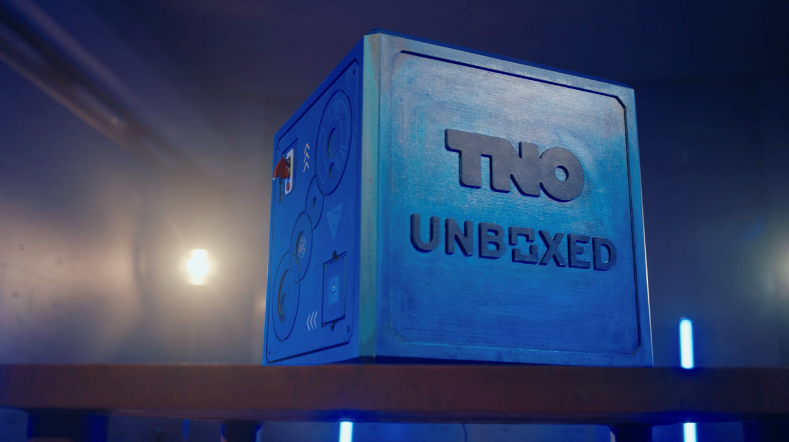

EMBRAPII and TNO signed a Memorandum of Understanding (MoU)
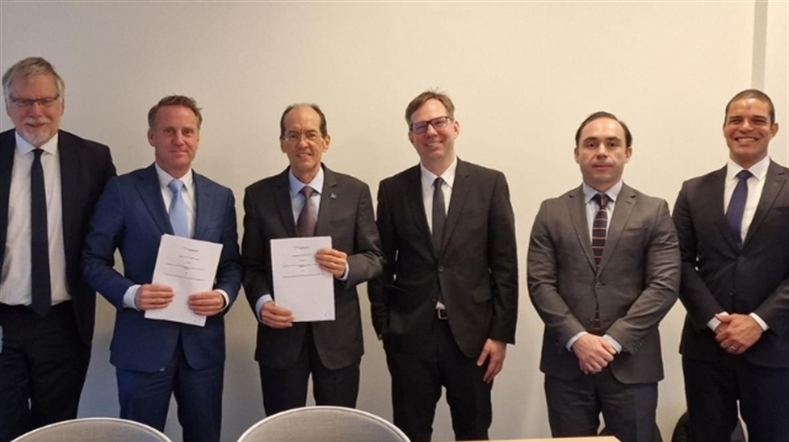

AIVD, CWI, and TNO publish renewed handbook for quantum-safe cryptography
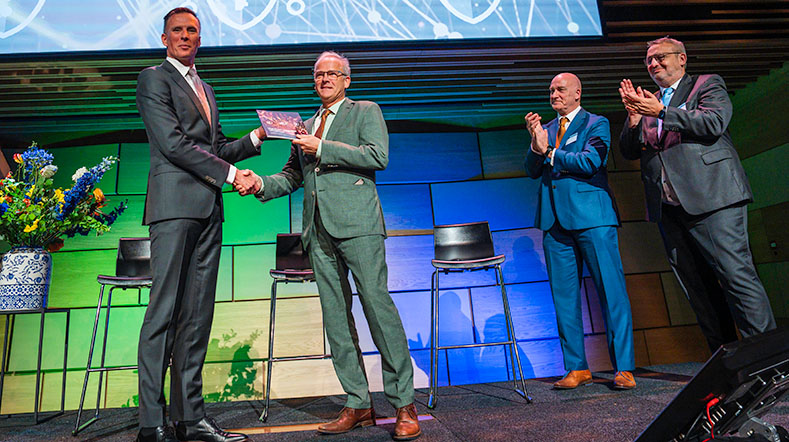

How do we limit damage to marine mammals from our underwater noise?
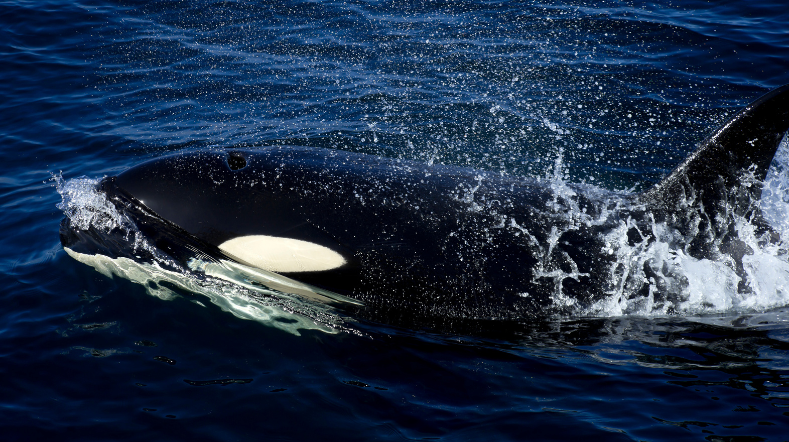

TNO develops detection system to protect cables and pipelines on seabed
